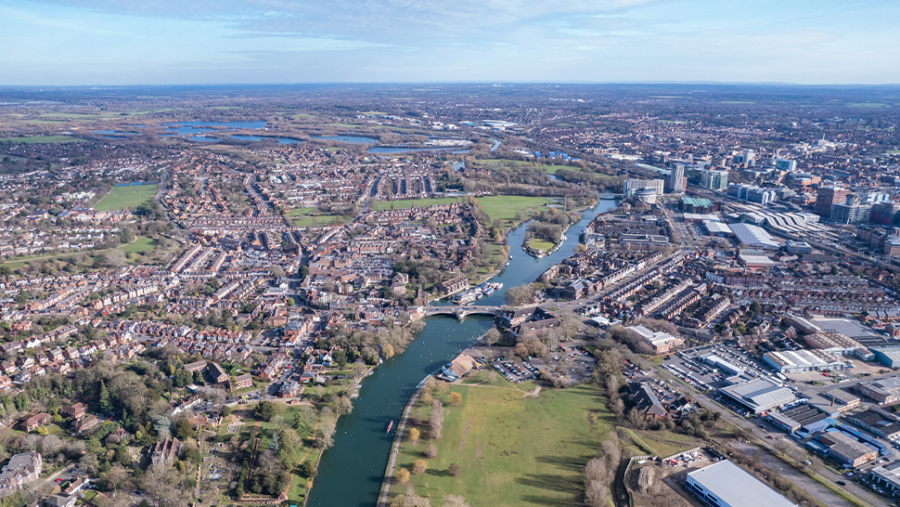

The Reading area – and Berkshire generally – is an ideal place to build film and TV studios because Heathrow, London, the railway hubs and three main motorways are all so accessible, and yet it’s not nearly as expensive as the capital.
With many production hubs in the area and an abundance of tried-and-tested rural filming locations, Disney, Netflix and Amazon are all showing greater interest in the UK. A great example is Shinfield Studios, southeast of Reading, which will be one of the largest film and TV studios when work is complete.
However, legal issues surrounding production have become ever more complex. Production companies need to pay attention to the following:
- Ownership and usage rights, and protecting your intellectual property
- Financing the project
- Commercial advice including drafting and reviewing contracts in relation to locations, goods supply and agreements with your team
- Negotiation with actors, distributors and intermediaries
- Dispute resolution – settling arguments that can happen at any stage of the production process
- Security licenses
- Health and safety legislation and processes to ensure your project risk is minimised – we have advised on car chases and all sorts of high-octane stunts.
In slightly more detail, this means that production companies – usually one per project – should be set up to ensure that the risks and obligations of the specific project are ring-fenced. That project company can then bear the responsibility for all the above. Next, you need an option contract for a screenplay, or a commissioning agreement.
This is often via “option-purchase,” a specific arrangement which needs to cover the various permutations of script-to-cinema, sometimes including all the derivatives such as sequels, audio versions, digital and more. Then there are dozens of other separate contracts needed – for actors, stylists, makeup personnel, medical and wellbeing staff, location arrangements, permits, and so on.
Funding is the producer’s main job at the outset. These days even crowd funding is a possibility although equity investment, convertible loans or other methods are all possible. Whichever method is used, the production company will need legal assistance to ensure it is not put in a risky legal position by its loan obligations.
Last but not least, the right intellectual property protection for the production is critical. Copyright for the screenplay, production, posters, photographs, and any associated merch is all required, along with copyright for anything else you can think of. We’d also normally advise trade marks and domain names for the company name, the production title and logo – and not just in the UK.










